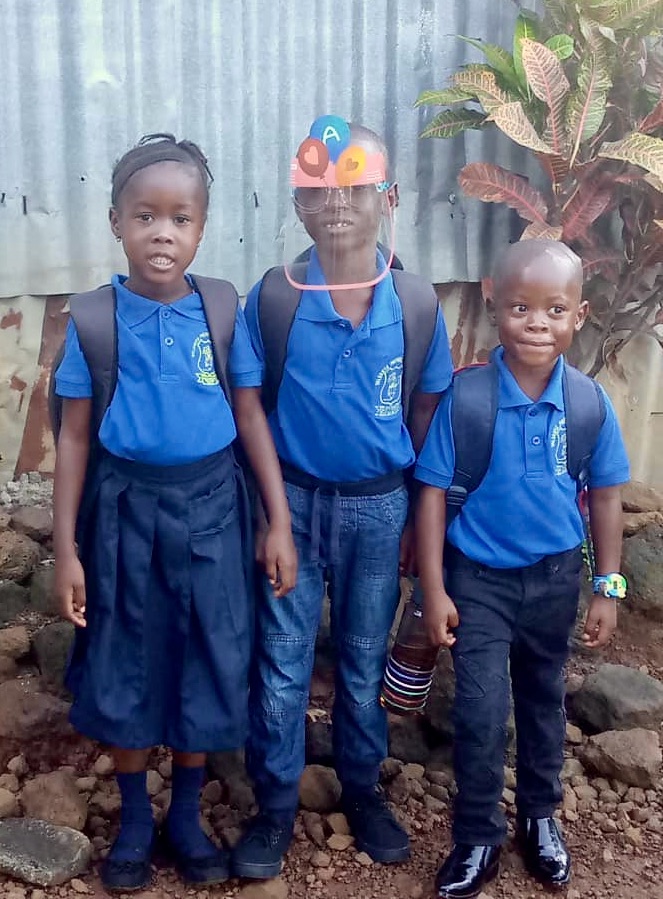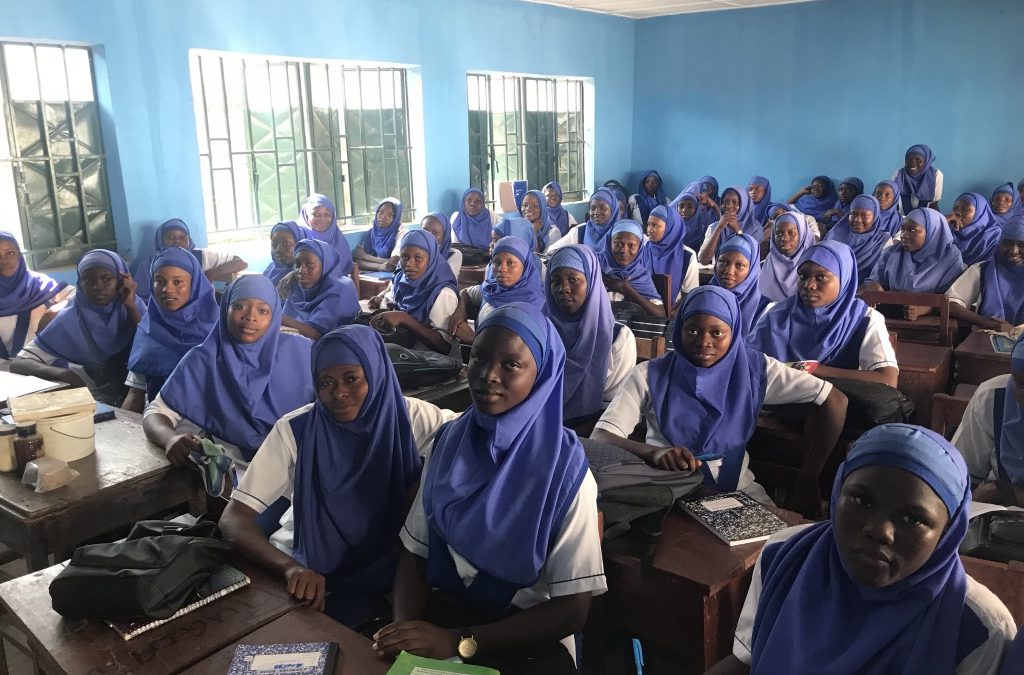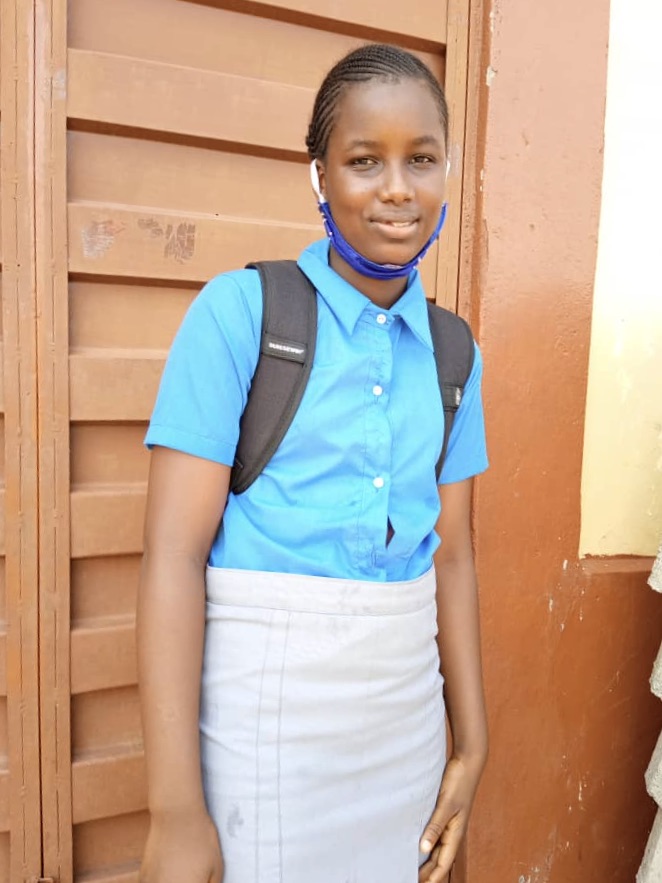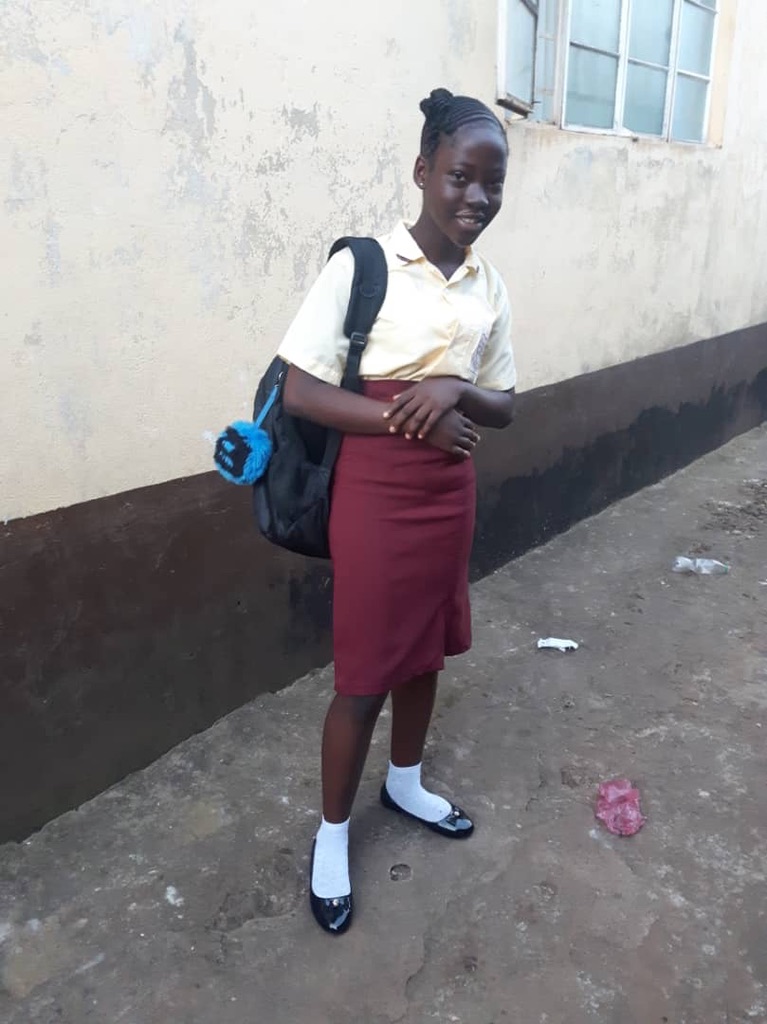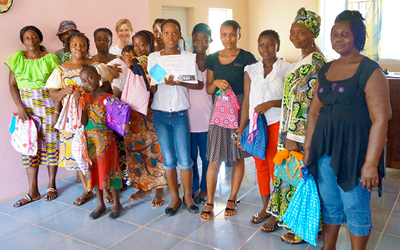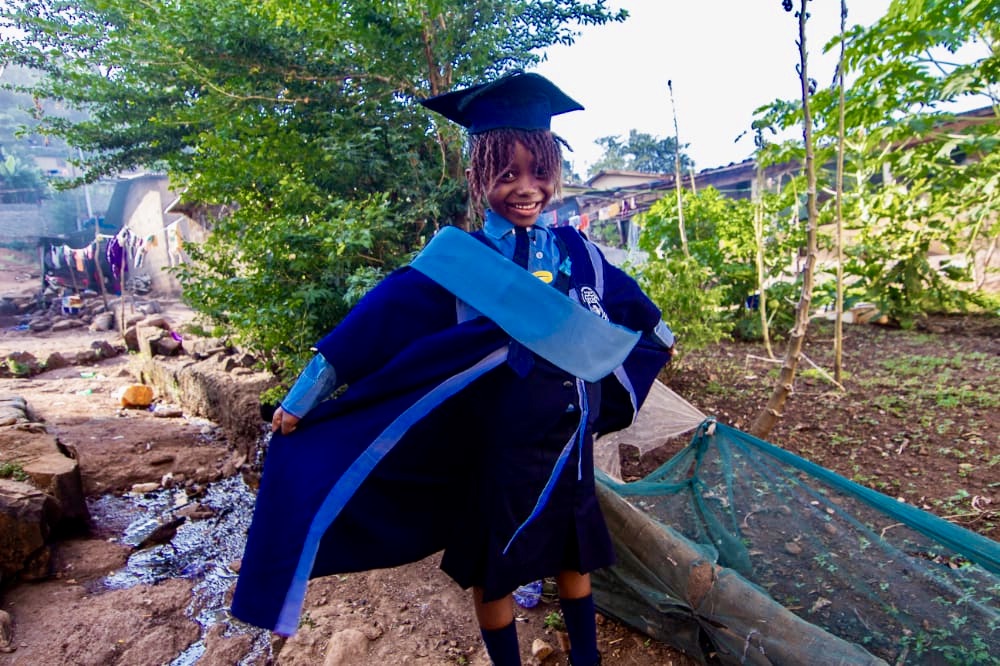
World Children’s Day
Encourage Change this World Children’s Day: November 20, 2020
November 20 is a significant historical date for children, their wellbeing and safety worldwide. With the UN General Assembly adopting both the Declaration of the Rights of the Child and the Convention on the Rights of the Child in 1959 and 1989 respectively, it is now recognised as a day to “promote international togetherness, awareness among children worldwide, and improving children’s welfare” [1]. With a mission to support vulnerable children in Sierra Leone, The Fig Tree Children invites you to actively promote and demand action for a world where children survive and thrive.
What this would mean for young people around the world, would be access to quality education, safety from emotional, physical and sexual violence, and freedom to develop to their full potential. It would mean having enough food, adequate shelter, access to health care and to be born well in a safe environment. Bound in guiding principles such as non-discrimination and the child’s inherent right to life, the Convention of the Rights of the Child is the most widely ratified document produced by the United Nations, with every country signing bar the United States [2].
Globally, children face what seems like a never-ending list of challenges daily and for young Sierra Leonians basic human rights are breached far too often. From basic needs to the right to live in a productive environment, a large proportion of children are denied the chance to succeed.
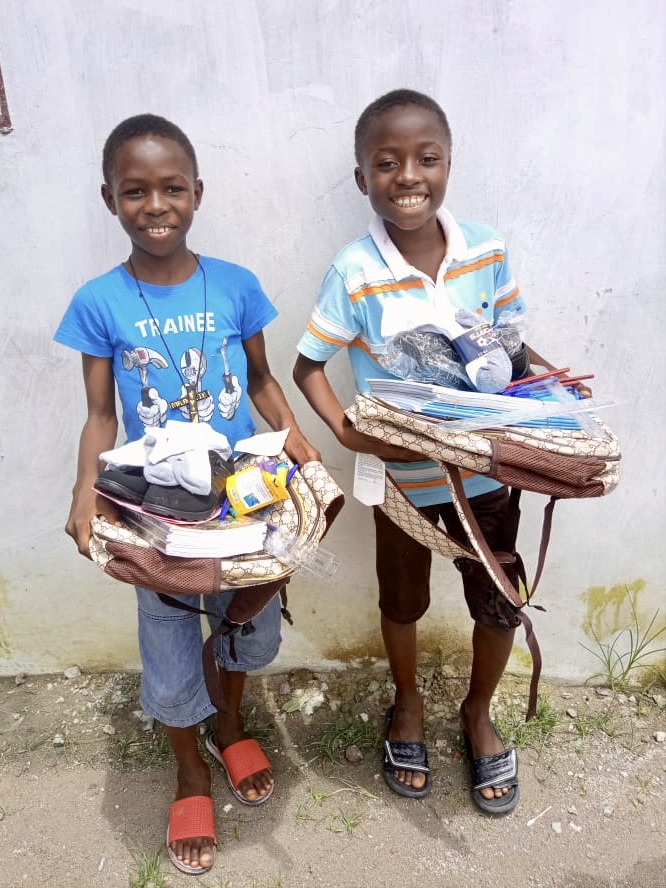
Senesie & Alie* sponsored by Isobelle Torralba
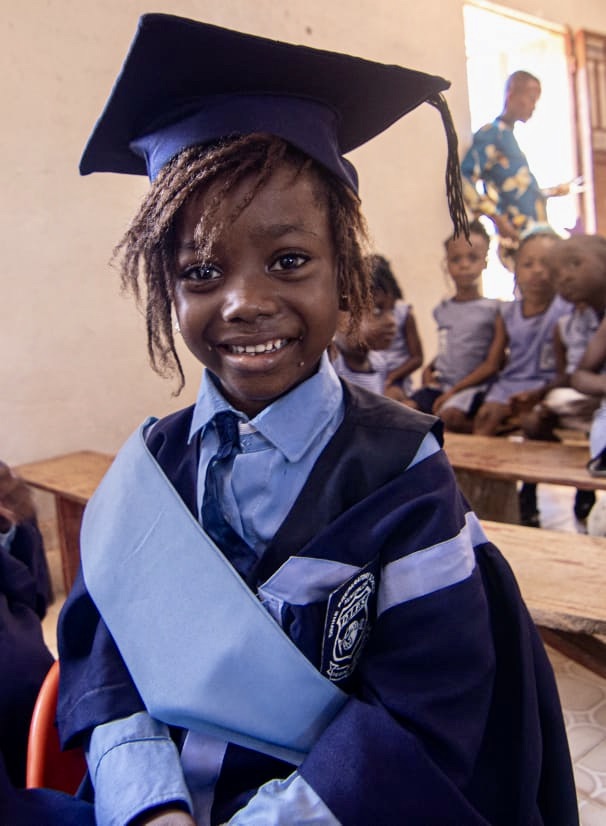
Esther* sponsored by the staff at Excite Media
Despite the barriers they face, the youth literacy rate continues to grow each year and gender gaps in schools are slowly closing since the introduction of the free education scheme in 2018. Through resilience and hope much is done.
To keep motivation high and inspire children to continue their studies, schools put significant effort and praise into students who pass their year level. Esther*, a sponsored Fig Tree Child was over the moon to graduate from Nursery to Year One this month. Donned in a graduation gown, sash and cap, and a smile from ear to ear, the entire community celebrates these special moments.
In Sierra Leone, approximately 50% of the nation’s people are children, with 41% of their population under 15 years of age [2]. What this means for the country is an extremely high dependency ratio of 78% which puts significant pressure on people aged 15-65 or what is known as the productive population. The working people are burdened with the extra responsibility to cover not only their own living expenditure but that of one additional person outside this age bracket. Noting that this formula does not take into consideration other factors that may prevent a person entering into labour including illness or disability and those who remain in school and out of the workforce, the burden is larger than explicit statistics and much more terrifying in reality. Multi-dimensional poverty affects almost two-thirds of the population, placing social and economic stress on the country. Often forcing children into the workforce in direct violation of their rights to a healthy and safe life.
A difficult year all round, 2020 saw the additional challenge of the COVID-19 pandemic forcing schools to close earlier this year from March to October. In the face of the unplanned barrier to education, a new emphasis on quality education for children has emerged highlighting how important the physical school environment, social connection and face to face teaching is for young students. Children in Sierra Leone not only look forward to going to school, but they are also eager to learn. It is this that needs channelling and ongoing support to protect a child’s future.
Let’s spread the word this year to “reimagine a better world.” With so many ways you can support The Fig Tree Children support those in need, you can do just that. Become one of 100 ambassadors and give a child their right to a bright and safe tomorrow, today.
*Pseudonyms used
References:
[1] United Nations. (2020). World Children’s Day 20 November. https://www.un.org/en/observances/world-childrens-day
[2] NICEF. (2020). History of Child’s Rights. https://www.unicef.org/child-rights-convention/history-child-rights
[3] The World Bank. (2019). Age Dependency Ratio (% Of Working-Age Population) – Sierra Leone. https://data.worldbank.org/indicator/SP.POP.DPND?locations=SL

